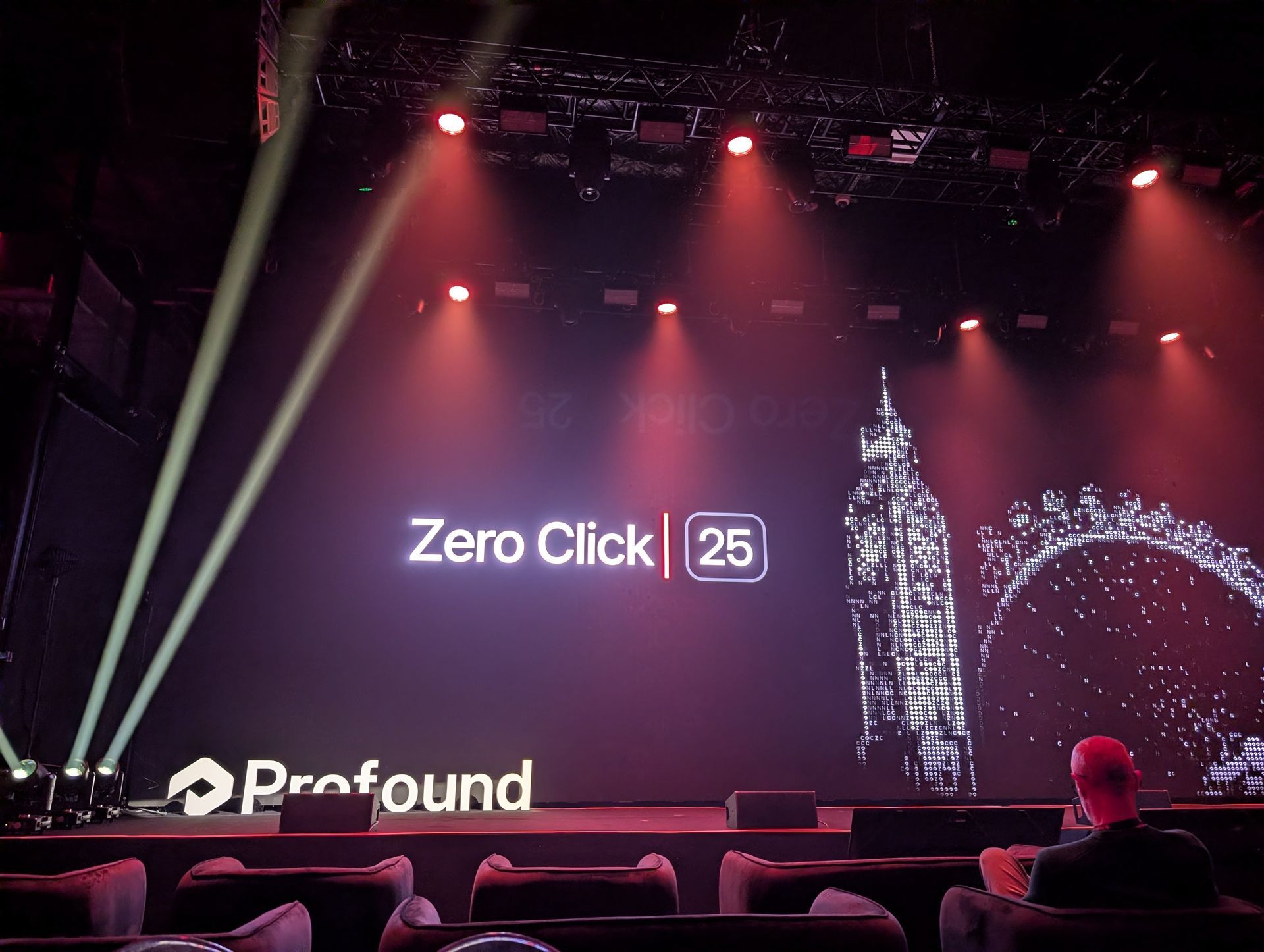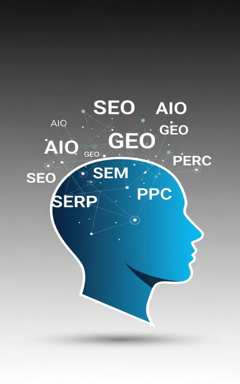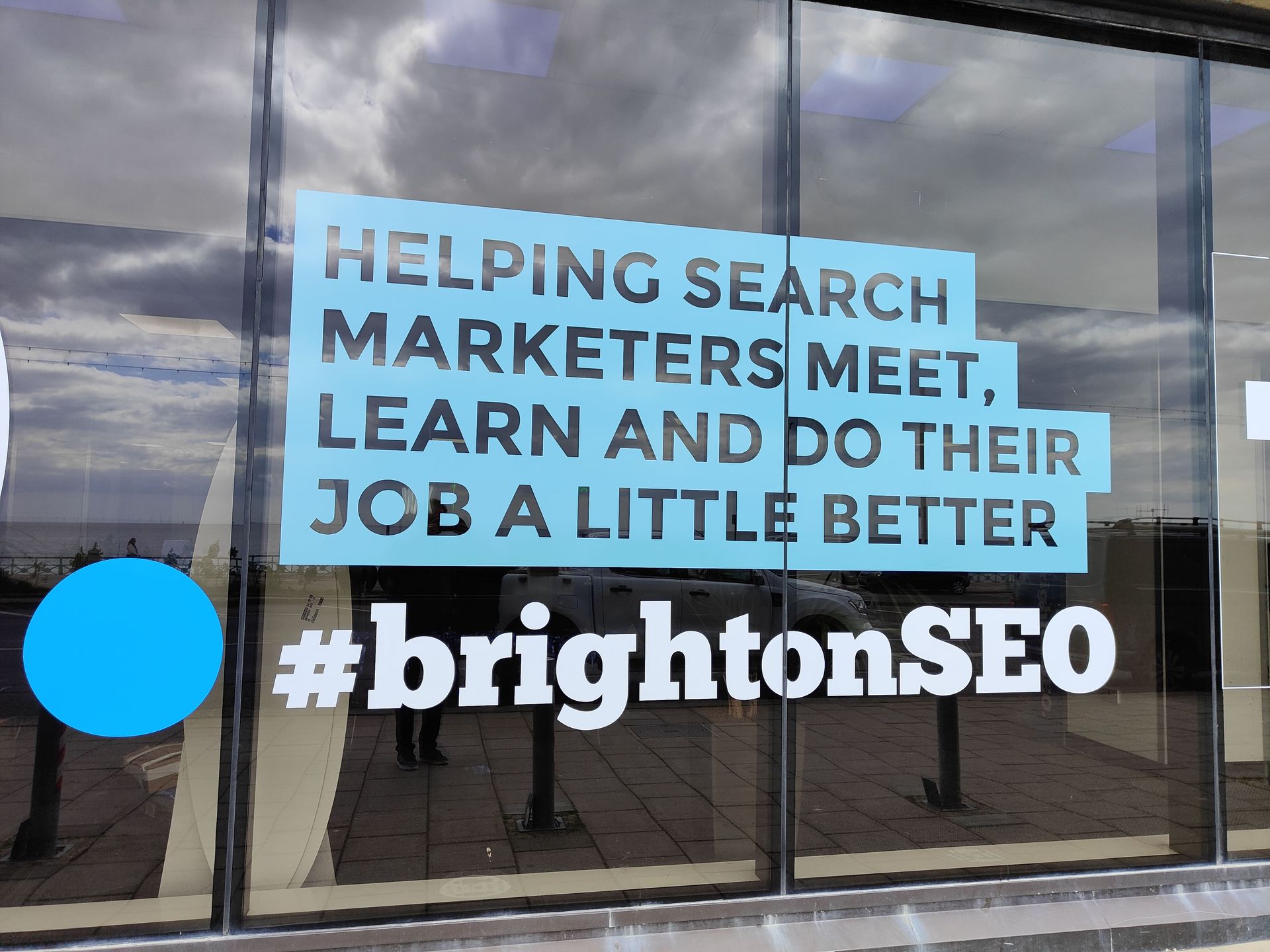The Future of Search: Navigating the Multi-Platform Revolution
In a world where technology evolves at breakneck speed, search is undergoing a monumental transformation. No longer confined to typing keywords into a single search engine, today's search experience crosses multiple platforms, leverages artificial intelligence, and anticipates user needs in ways previously unimaginable. As we look toward 2025 and beyond, it's clear that brands must adapt to a new reality where search is everywhere, demanding strategies that are consumer-centric, platform-agnostic, and experience-focused.
The New Search Landscape
The search ecosystem has expanded dramatically beyond traditional search engines. While Google remains the dominant player—reportedly 16 times larger than LLM-based search—alternative platforms are growing rapidly. AI search platforms like ChatGPT, Perplexity, and Copilot are projected to reach one billion monthly visitors by 2025, offering experiences that search the web for users and integrate directly with mobile devices.
Simultaneously, commerce platforms like Amazon have become search destinations in their own right, with research indicating that 50% of product searches now begin there rather than on traditional search engines. Social media has similarly evolved, with 64% of Gen Z turning to platforms like TikTok for search and discovery, finding it more informative, digestible, and personalized than conventional alternatives.
This fragmentation represents both a challenge and an opportunity. Brands can no longer focus solely on ranking well in Google results; they must understand and optimize for a multi-platform search ecosystem where consumers expect relevant, trustworthy information delivered seamlessly regardless of where they begin their journey.
The AI Revolution in Search
Generative AI is perhaps the most disruptive force reshaping search. AI-powered features like Google's AI Overviews are changing how information is presented, potentially reducing informational website traffic while simultaneously improving conversion rates for traffic that does come through. The rise of conversational search has shifted user behavior from simple keywords ("puppy dog food") to complex, natural language queries ("What is the most nutritious dog food for my labrador puppy?").
Multi-modal search capabilities now interpret inputs across image, audio, video, and text. Features like Google's Circle to Search allow users to search using visual context rather than words. These developments are transforming the very nature of search from a text-based activity to a rich, multi-sensory experience that better aligns with how humans naturally process information.
The next frontier—agentic search—promises to transform the user experience even further. Imagine saying, "Find my favorite foundation and deliver it to my home today," and having an AI agent handle everything from locating the product to completing the purchase. While this may be a year or two away from mainstream adoption, forward-thinking brands are already preparing for a world where AI assistants mediate consumer interactions.
The Messy Middle Gets Messier
Google's concept of the "messy middle"—the complex space between trigger and purchase—has never been more apt. As consumers navigate across platforms and channels, their journeys become increasingly non-linear. They might discover a product on TikTok, research it on Reddit, check reviews on Amazon, and ultimately purchase it after seeing a retargeted ad on Instagram.
This complexity demands that brands deliver personalized consumer journeys and experiences based on a deep understanding of behavior across the entire search ecosystem. It's no longer enough to optimize for keywords; brands must optimize for consumer needs, intents, and preferred platforms.
Three Strategic Imperatives for Success
To thrive in this new search landscape, brands must focus on three key imperatives:
1. Understand consumer search needs beyond search engines
Brands must develop a comprehensive understanding of search behavior across platforms. This means analyzing data from AI engines, retail experiences, and social listening to understand how search behaviors differ by platform and journey stage. The insights gathered should inform a total search strategy that improves relevance, trust, and brand saliency across all touchpoints.
2. Deliver a great experience regardless of platform or channel
As search becomes more conversational and intent-driven, brands must focus on topical and thematic relevancy over keywords. User experience elements like page speed, navigation, and content quality have become critical factors affecting both organic visibility and paid search performance. Data shows that better experience "is the tide that raises all boats"—improving site speed and content quality benefits all channels, with conversion rates increasing as site performance improves.
3. Innovate on measurement to demonstrate total value creation
The changing landscape requires new approaches to measurement. Traffic from traditional search engines may decline as informational queries are addressed earlier in the journey, while better qualified visitors could improve conversions. Attribution models must adapt for multi-platform measurement, considering the role of each channel in the customer journey and closing data gaps to create a complete picture of search performance.
Integrated Search: Breaking Down Silos
Perhaps the most actionable insight from today's search landscape is the critical importance of integrated search strategies that align paid and organic efforts. Many brands still operate these functions in silos, missing opportunities to create synergies and optimize overall performance.
An integrated approach allows brands to identify where organic rankings are strong but paid competition is low (potentially reducing paid spend), where organic visibility is poor (increasing paid presence), and where content gaps exist (informing content strategy). This requires collaboration between teams with shared KPIs, dashboards, and a continuous test-and-learn approach.
The data confirms that this integration delivers results. When content, UX, and site speed improvements are implemented—traditionally the domain of SEO teams—paid search performance improves as well. Cost-per-click typically decreases 5-10% with each quality score increase of 1 point, and decreases by 58% between a quality score of 1 and 10.
Looking Forward: The Age of AI Agents
Beyond 2026, agentic search could transform the marketing landscape entirely. AI agents will take repetitive tasks off consumers' hands, navigating to sites, searching for products, checking inventory, making purchases, and confirming deliveries. This will introduce new challenges and opportunities, requiring brands to:
- Track and understand AI crawlers, assistants, and agents
- Implement user agent tracking for these new entities
- Develop partnerships with emerging AI ecosystems
- Create interactive features that encourage direct consumer engagement
The brands that succeed in this new era will be those that understand that search is everywhere, creating connected experiences across platforms that meet consumers in their exact moments of need with relevant, trustworthy content delivered in optimal formats.
As we navigate this complex, rapidly evolving landscape, one thing is clear: the future of search is not about keywords or rankings but about understanding people, anticipating their needs, and providing value at every step of their journey—regardless of where that journey begins or where it leads.








